Reuters reported yesterday (December 2) that hundreds of gunmen from Iraq have entered Syria to support the local government. These gunmen are believed to be close to Iran and came to Syria to realize Tehran's commitment to Damascus while opposition military forces are rising strongly, occupying some areas.
"Five factions and seven factions"
Currently, in Syria, there are four main military forces fighting each other. First is the government army and some paramilitary groups close to Syrian President Bashar al-Assad, while the government also has strong support from Hezbollah in Lebanon.
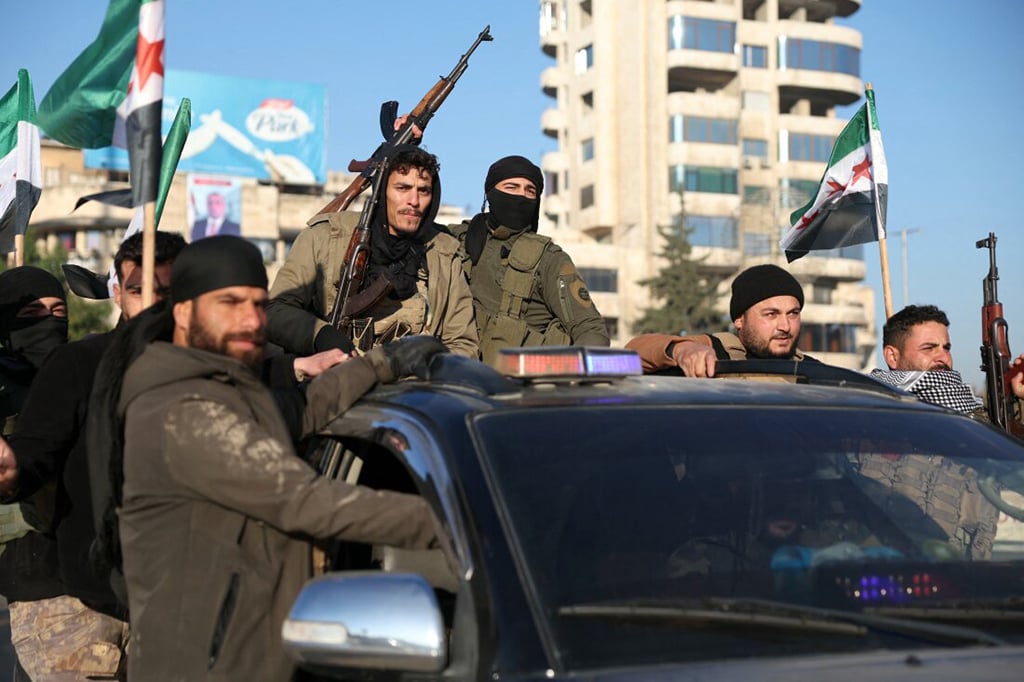
Gunmen of an opposition military force in Aleppo on November 30.
The second is the Kurdish-led Syrian Democratic Front, which is backed by the US. The third is Hayat Tahrir al-Sham (HTS, formerly the Nusra Front), which was once an al-Qaeda affiliate and is now listed as a terrorist organization by many countries including the US, Russia and Türkiye. The fourth is the Turkish-backed Syrian National Army (SNA) and several pro-Turkish groups.
In fact, the conflict began in Syria in 2011 when various rebel forces sought to overthrow President al-Assad. Throughout the civil war, many forces have formed, as well as the rise of the self-proclaimed Islamic State (IS). The rise of IS is the reason for the US military presence in Syria, although Washington also wants to overthrow the al-Assad regime.
By around 2015, thanks to the support of Iran and Russia, President al-Assad not only stood firm, but also regained control of most of the territory. However, the Damascus government still faced a major challenge when Türkiye refused to give up its intention to overthrow Mr. al-Assad. The situation only really calmed down in 2019 after Iran, Russia and Turkey reached an agreement on the Syrian issue. Reached at the time when the US was about to withdraw its troops, according to the agreement, Syria would move towards general elections. Since then, Mr. al-Assad has remained in power, the civil war has been considered to be on hold, although the opposition military forces still occupy certain areas.
However, on November 27, HTS suddenly attacked areas controlled by government forces and quickly captured Aleppo, Syria's second largest city. Of course, other armed groups also "mobilized", such as the SNA, which expanded its occupied areas and attacked Kurdish forces.
Rumors of Moscow replacing general in charge of Russian forces in Syria
According to Reuters citing Russian military bloggers, Sergei Kisel, the general in charge of Russian forces in Syria, was dismissed after rebels stormed the city of Aleppo (Syria). The dismissal of Mr. Kisel, 53, was revealed on the Telegram channel Rybar - which is said to be close to the Russian Defense Ministry, and the military website Voenny Osvedomitel. "It is clear that he was supposed to show his potential in Syria, but something went wrong," Voenny Osvedomitel said.
Tri Do
The balance changes
According to analysis from Eurasia Group (USA) - the world's leading political risk research and consulting unit - sent to Thanh Nien , HTS has seen a change in the balance in the region when Russia spent a lot of resources in the conflict with Ukraine, while Iran and its close forces suffered great losses from Israel's military campaigns. Therefore, HTS took advantage of the opportunity to act in the context of Moscow and Tehran's support for Damascus being limited in resources, or Hezbollah also having difficulty supporting Mr. al-Assad.
HTS’s move could benefit Türkiye by putting pressure on President al-Assad, Russia and Iran, as many provisions of the 2019 agreement have not been implemented. It could also help Turkey increase its control while weakening the Kurdish forces. Ankara has been fighting for years against Kurdish forces who are fighting for their own state, including parts of Turkey.
Responding to Thanh Nien , a US military intelligence expert assessed: The current developments will weaken the al-Assad regime, and Iran's influence will gradually grow larger than Russia's in Syria, because Moscow will find it difficult to provide strong support to Damascus in the current context. In addition, the power struggle between Iran and Turkey in the region will become more intense, and Tehran will likely influence its allies to attack the SNA. On the other hand, Iran is also seeking to increase pressure on Turkey to resolve the situation, while blaming Israel and the US for causing instability to "divert the fire" away from the current conflicts related to Tel Aviv.
However, the expert said that the escalating conflict will soon stabilize in December. The problem is that the area controlled by President al-Assad's government will be narrowed.
US, France, Germany, UK urge de-escalation in Syria
The US, France, Germany and the UK have called for “de-escalation” and the protection of civilians and infrastructure in Syria to prevent further displacement and disruption of humanitarian access.
“The current escalation only highlights the urgent need for a Syrian-led political solution to the conflict, in line with UN Security Council Resolution 2254,” the four countries said in a joint statement released by the US State Department on December 1. UN Resolution 2254 calls for a ceasefire and support for the peace process in Syria. On the same day, UN Humanitarian Coordinator for Syria Adam Abdelmoula also called for a cessation of hostilities in Syria.
Tri Do
Source: https://thanhnien.vn/the-cuoc-tu-chao-lua-hon-don-syria-185241202233925093.htm



![[Photo] President Luong Cuong attends the 90th Anniversary of Vietnam Militia and Self-Defense Forces](https://vstatic.vietnam.vn/vietnam/resource/IMAGE/2025/3/26/678c7652b6324b29ba069915c5f0fdaf)
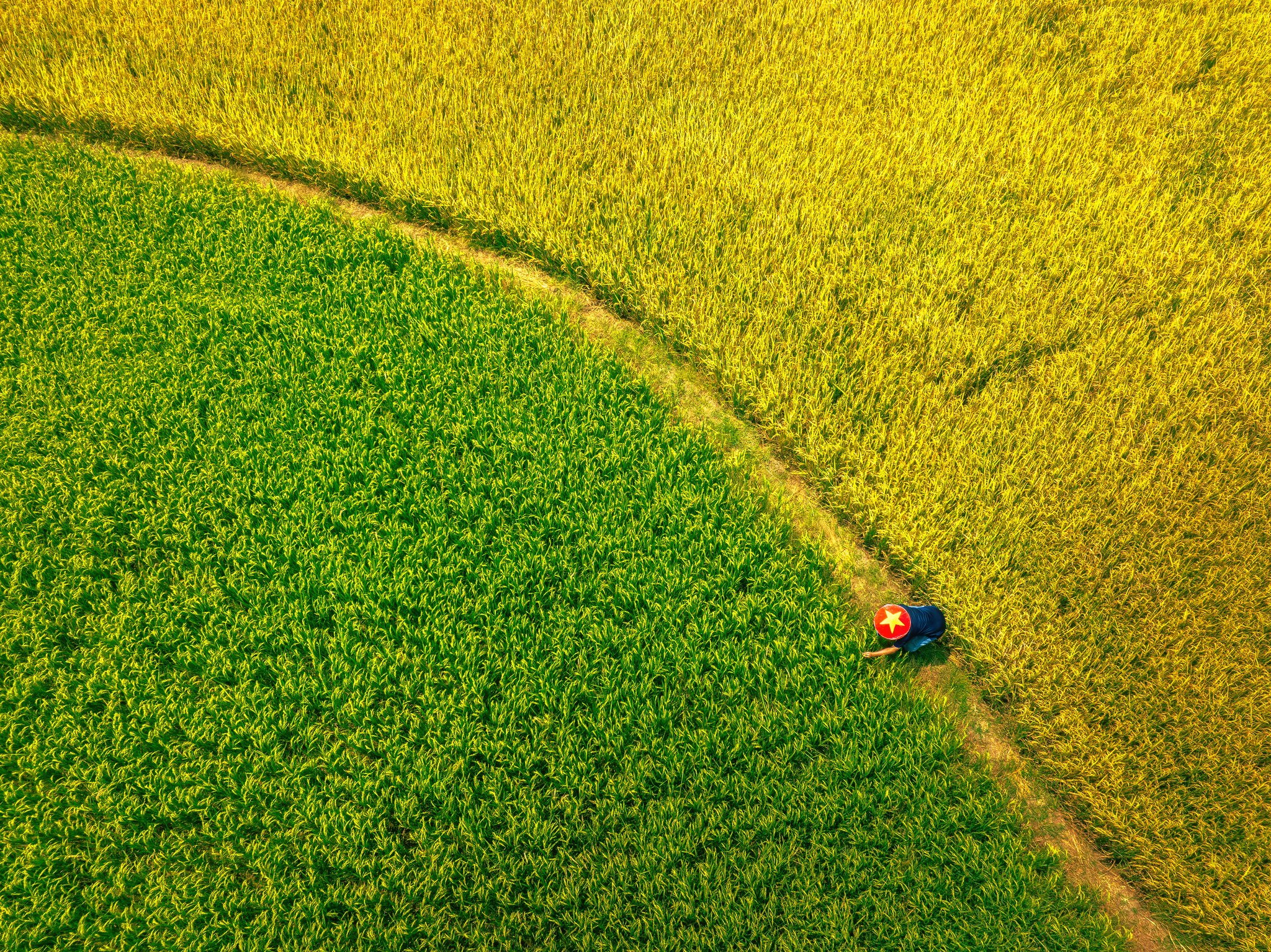
![[Photo] Editor-in-Chief of Nhan Dan Newspaper Le Quoc Minh receives Iranian Ambassador Ali Akbar Nazari](https://vstatic.vietnam.vn/vietnam/resource/IMAGE/2025/3/26/269ebdab536444818728656f8e3ba653)
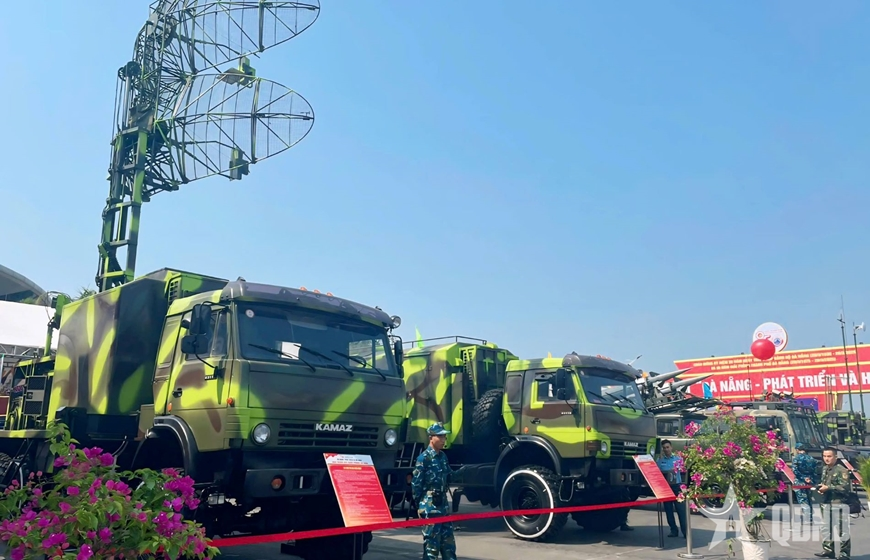
![[Photo] General Secretary To Lam receives Singaporean Prime Minister Lawrence Wong](https://vstatic.vietnam.vn/vietnam/resource/IMAGE/2025/3/26/4bc6a8b08fcc4cb78cf30928f6bd979e)
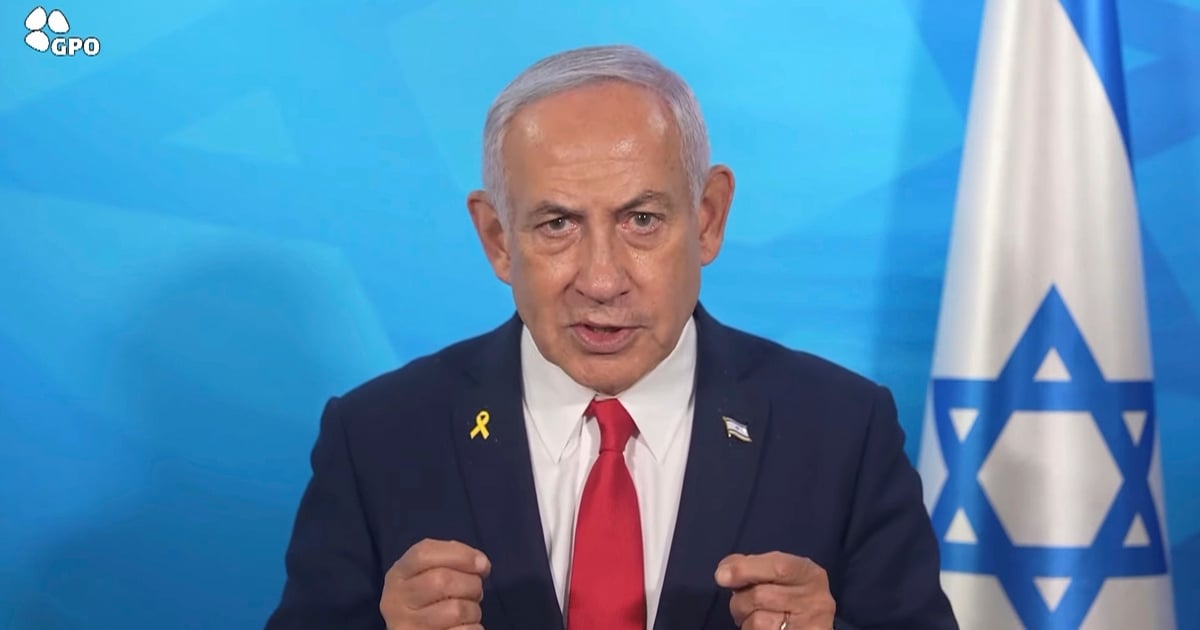

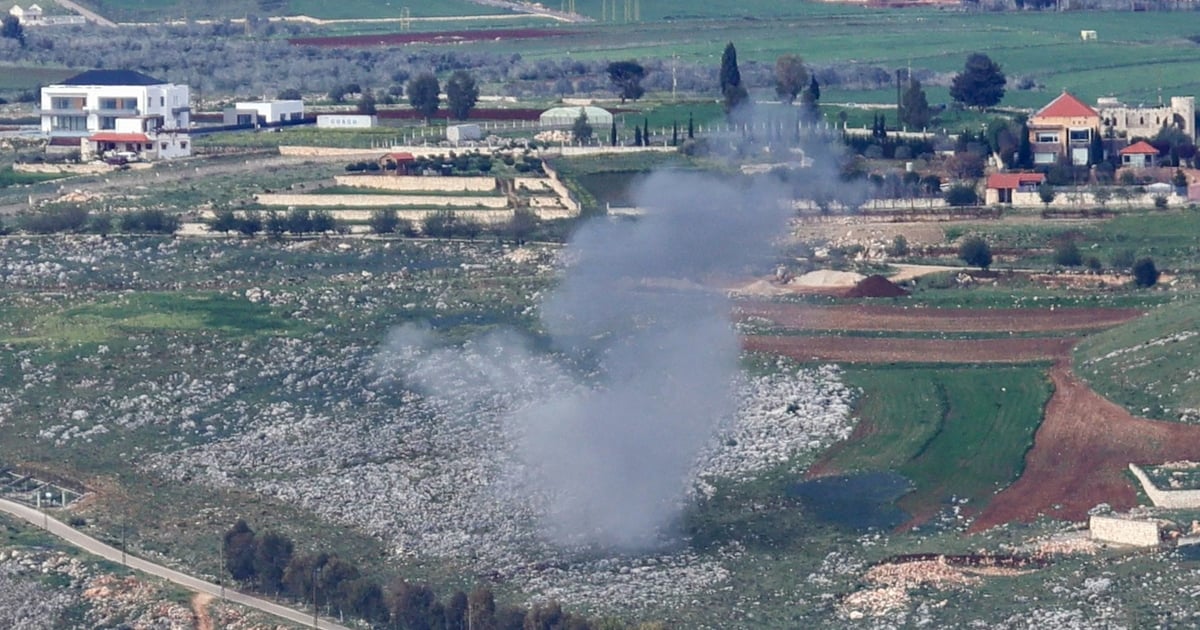
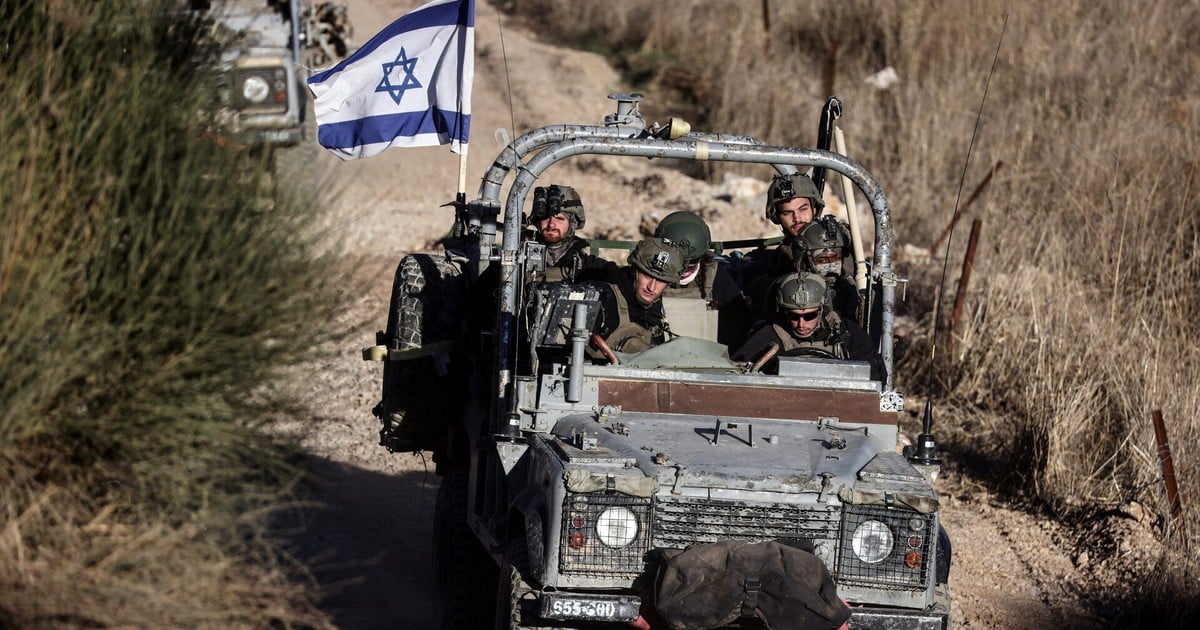
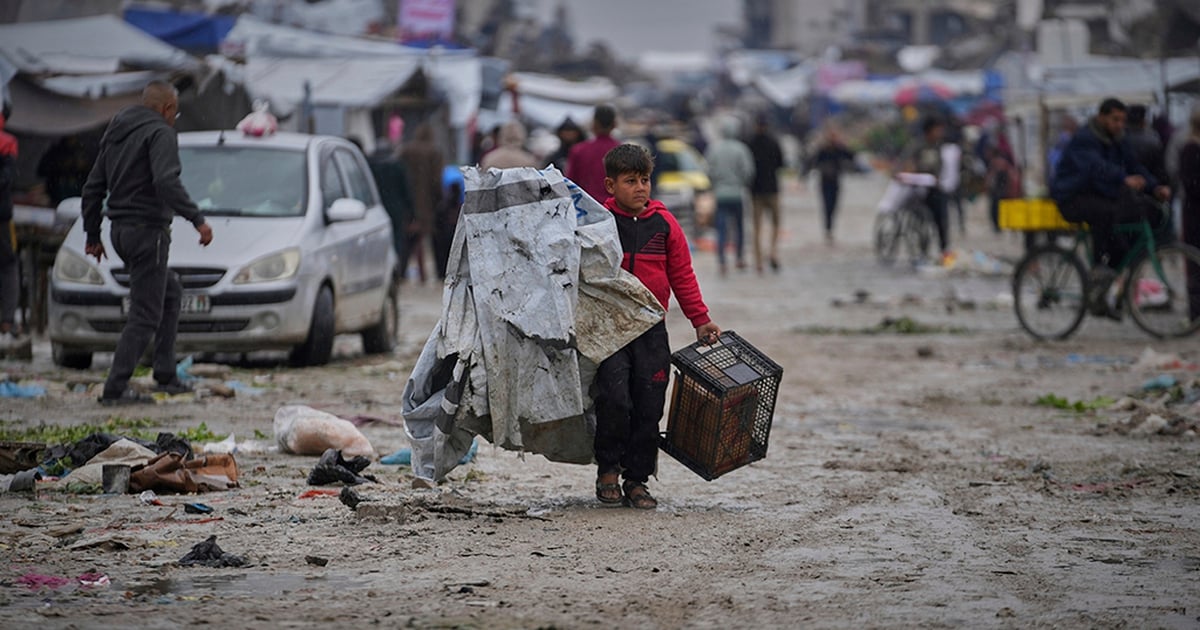
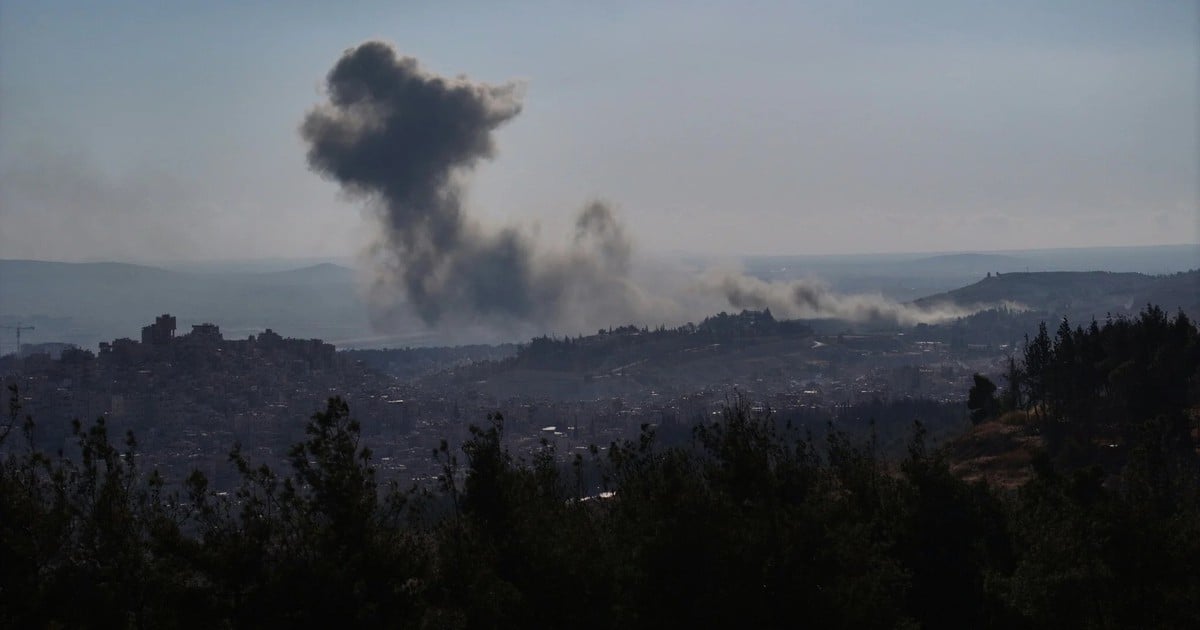
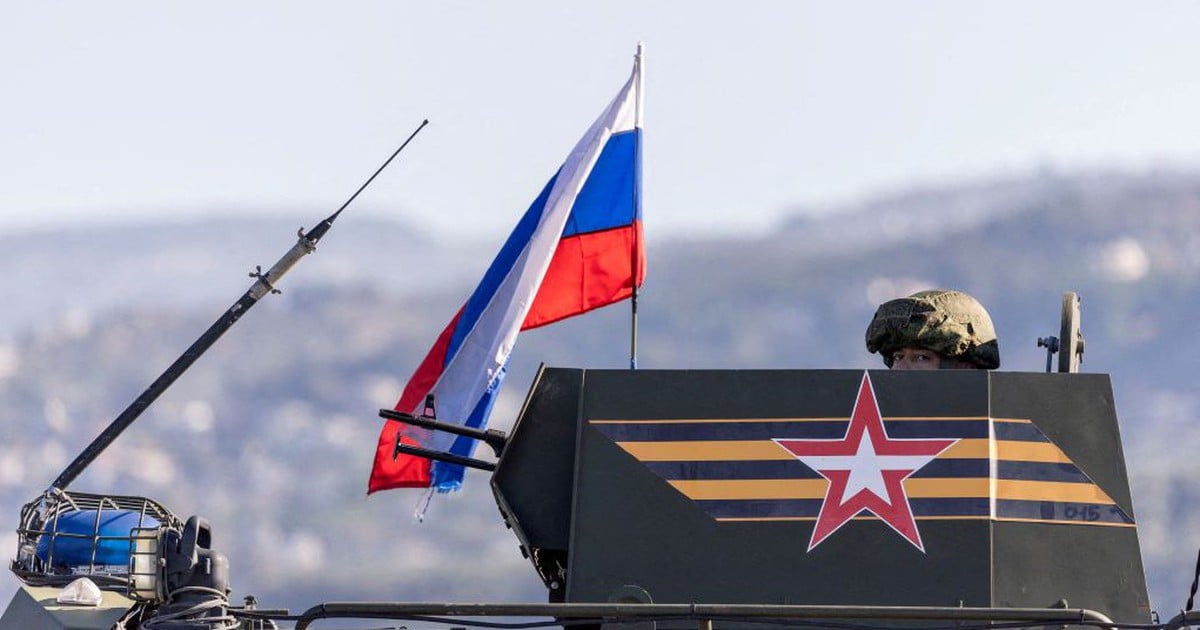
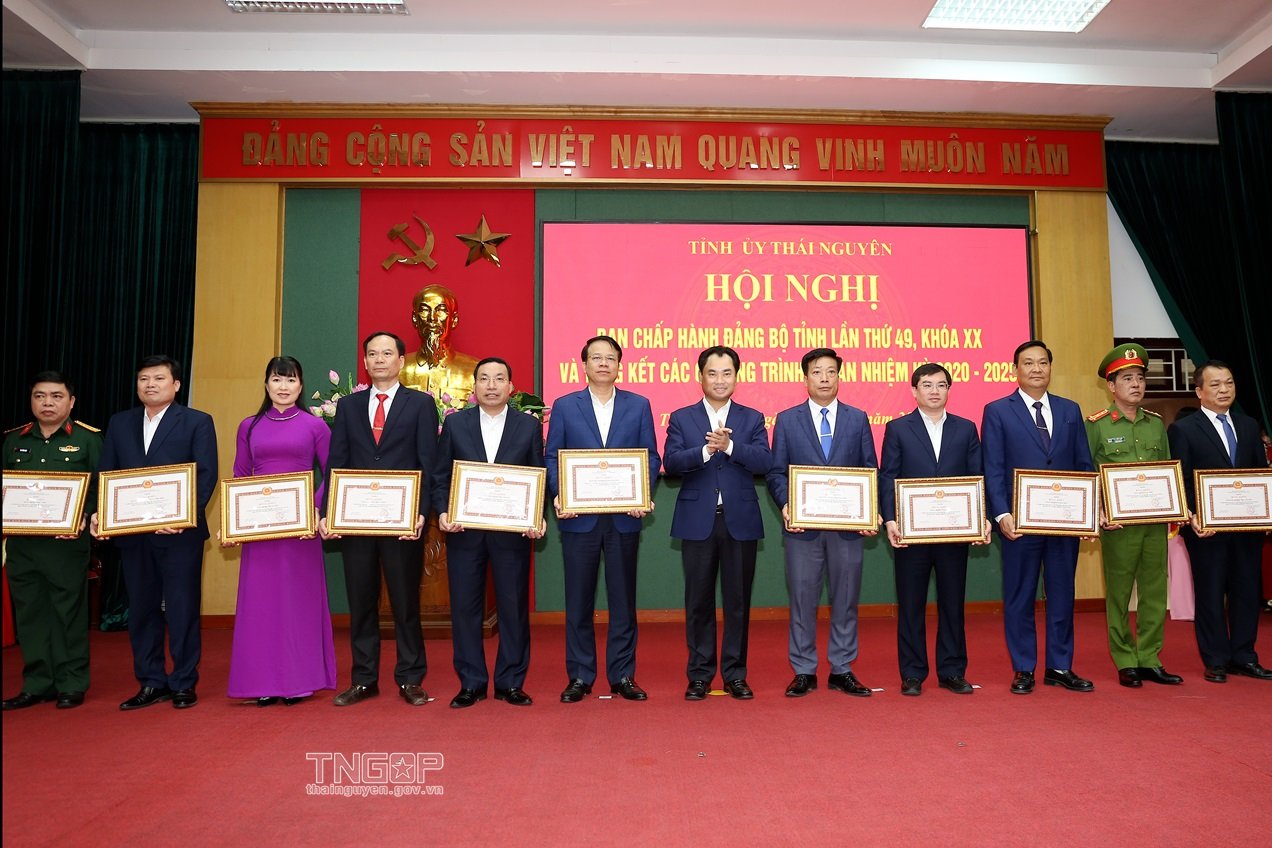
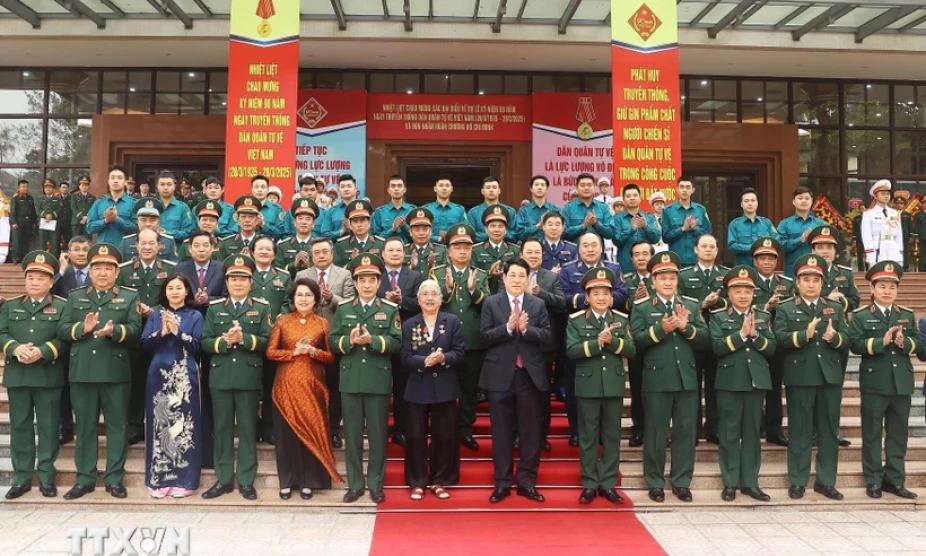
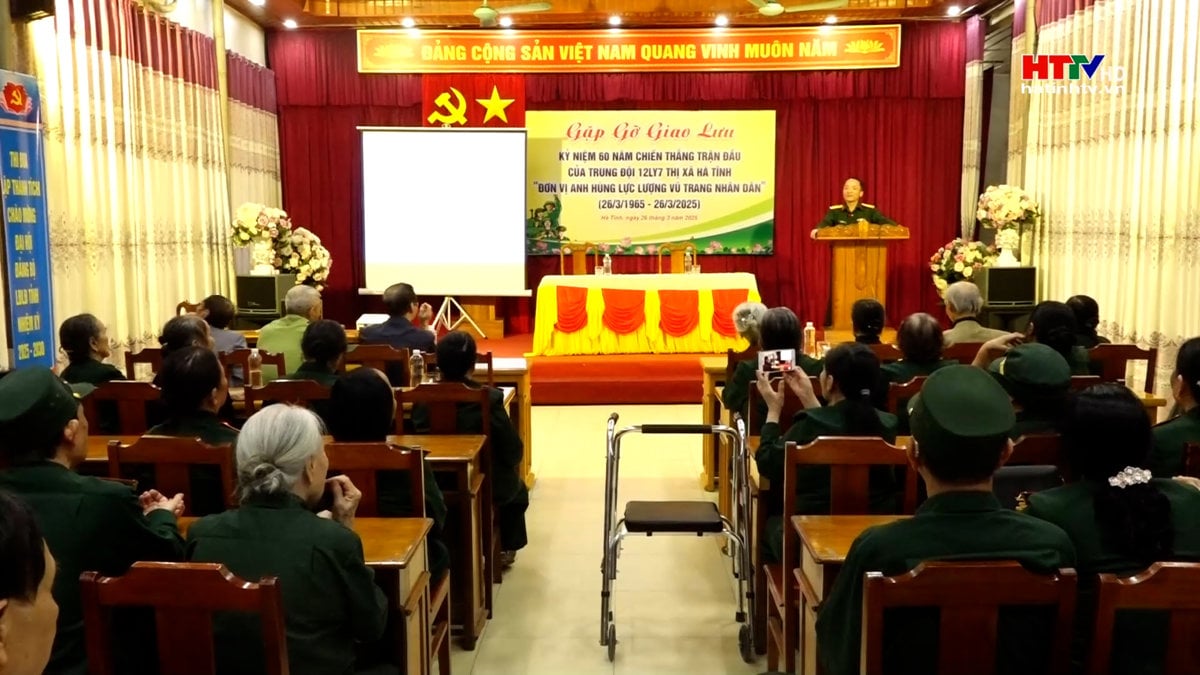
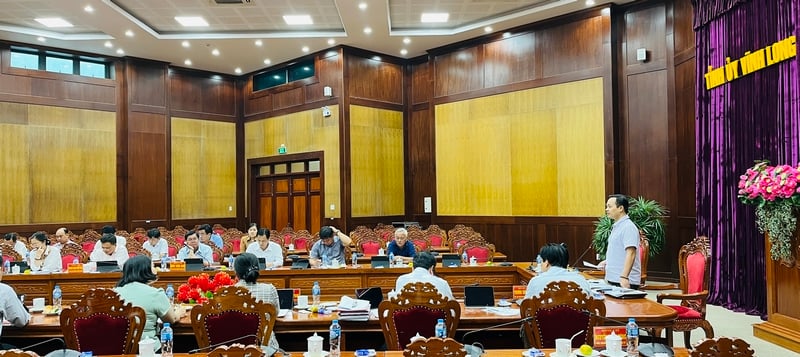
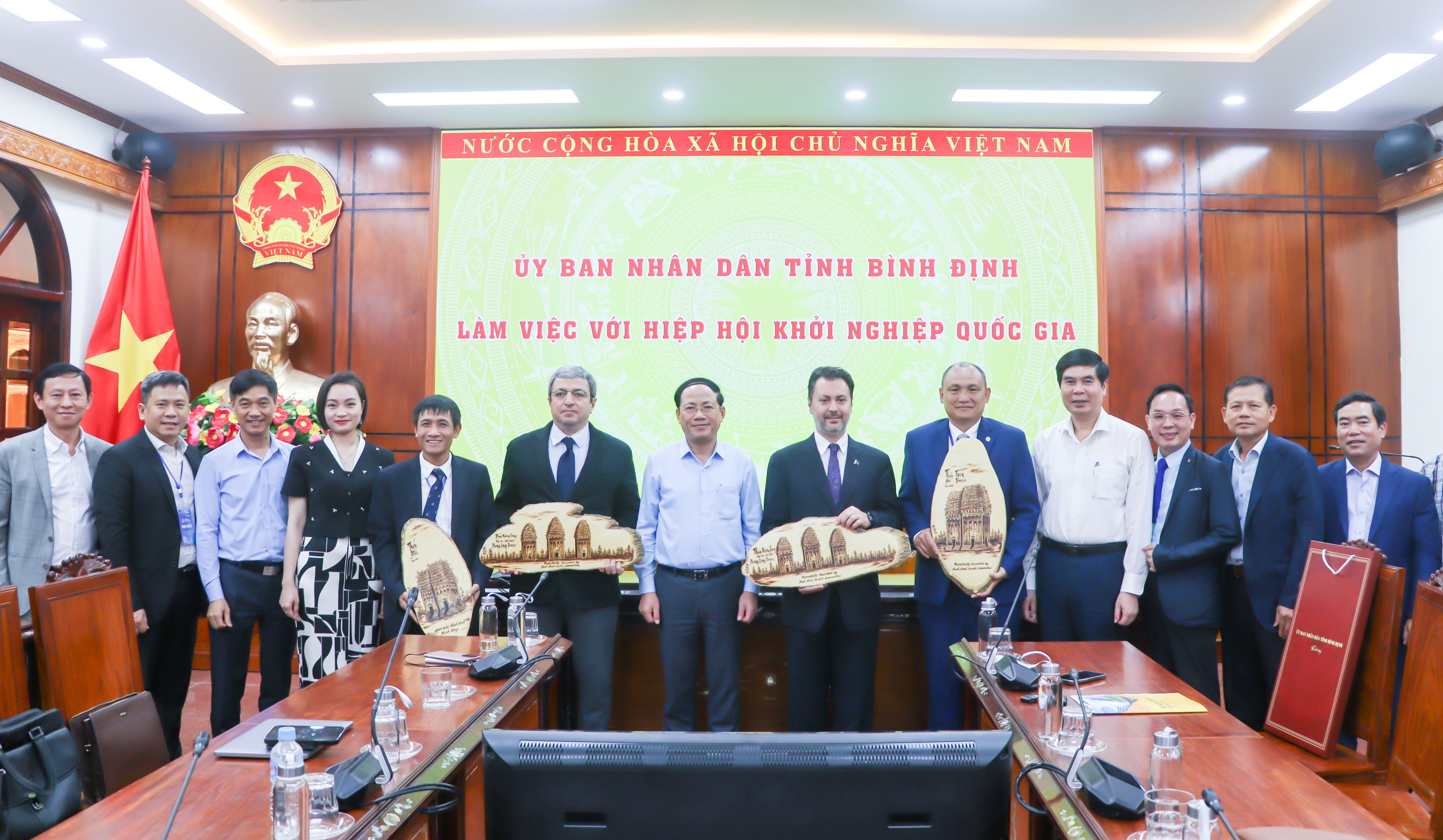
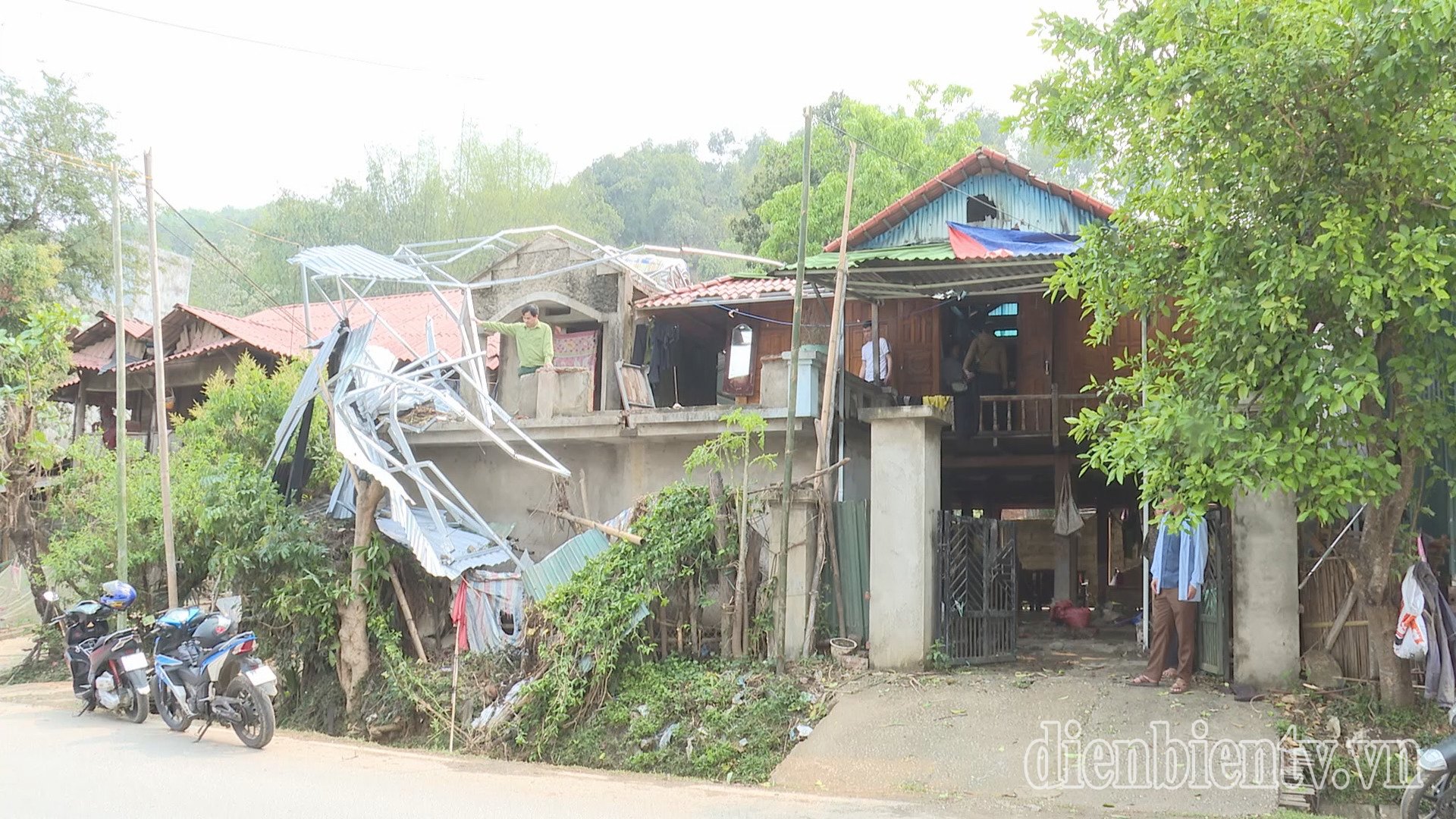





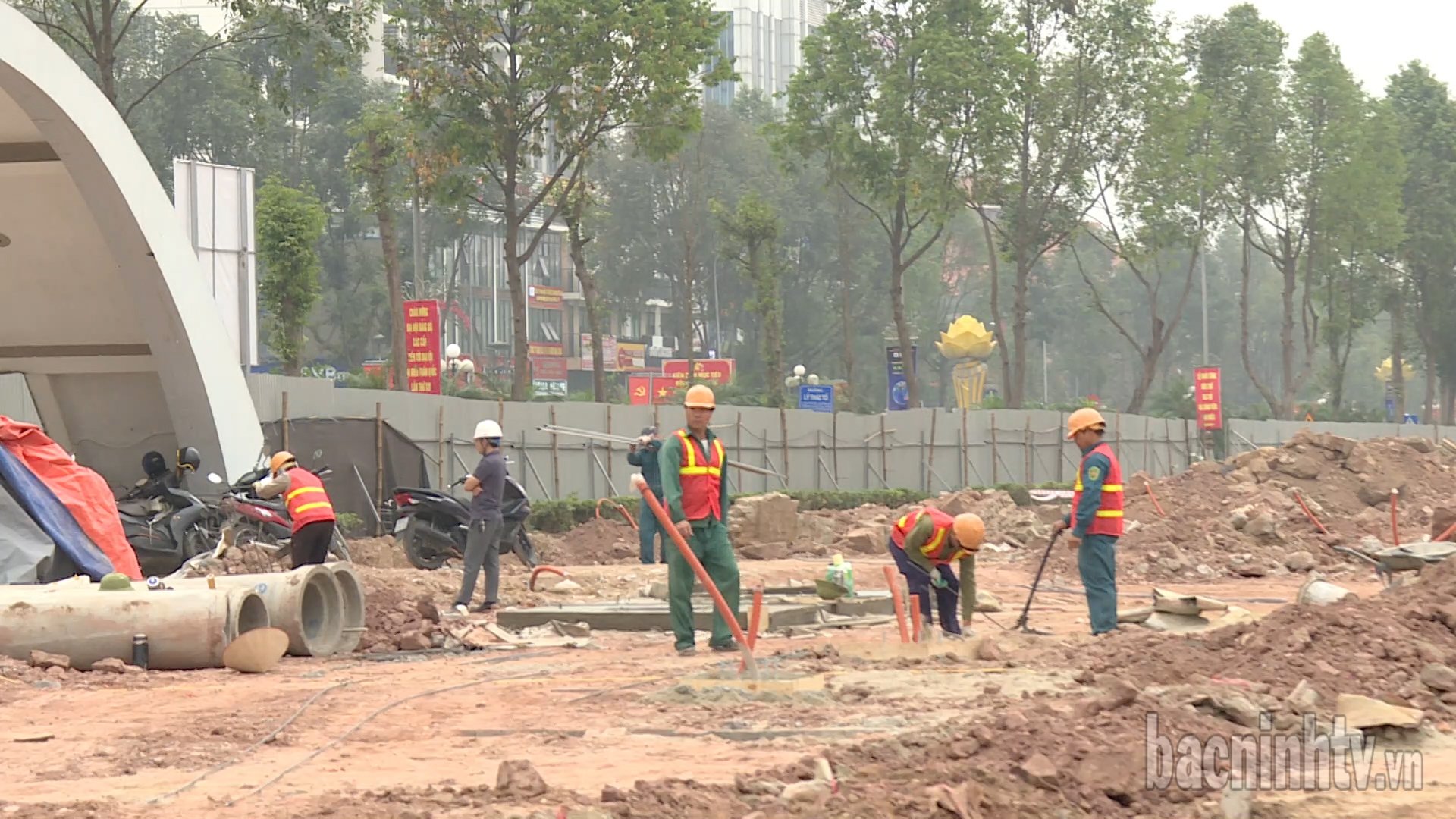

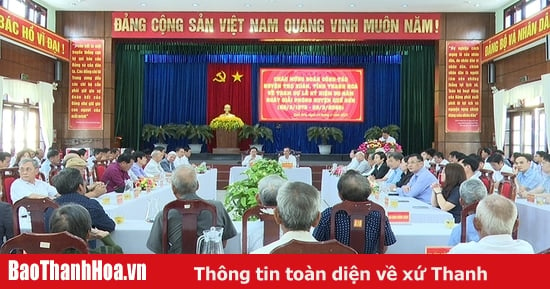
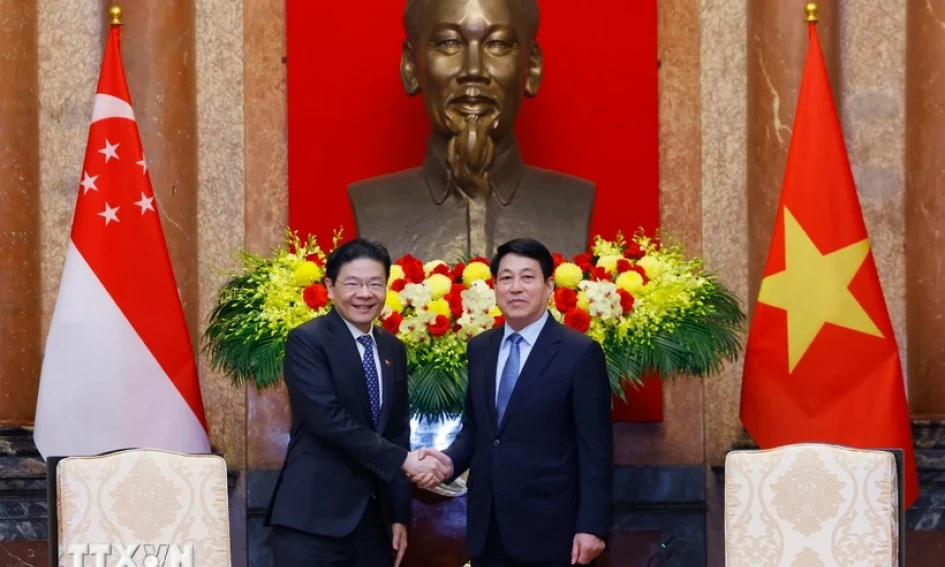
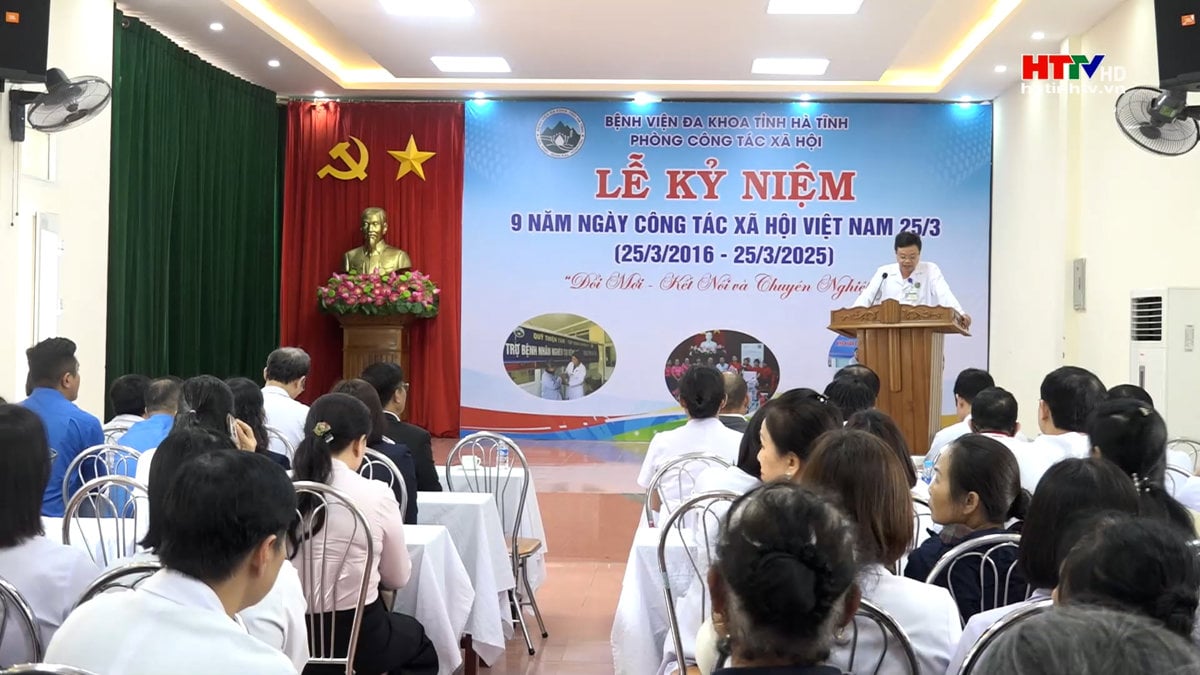


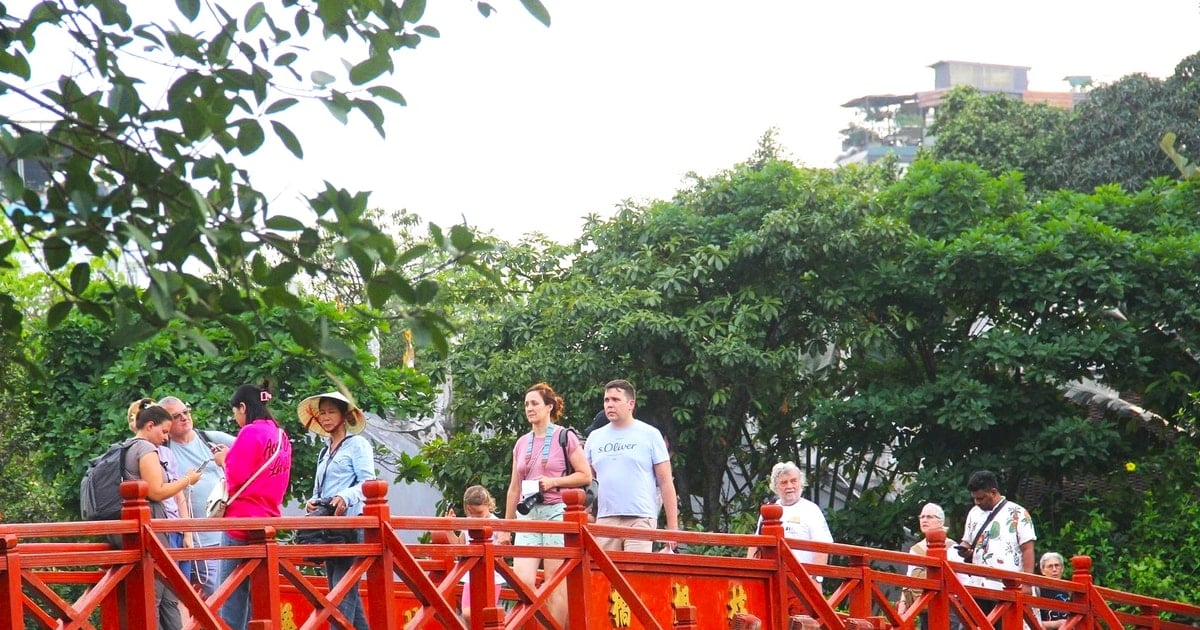



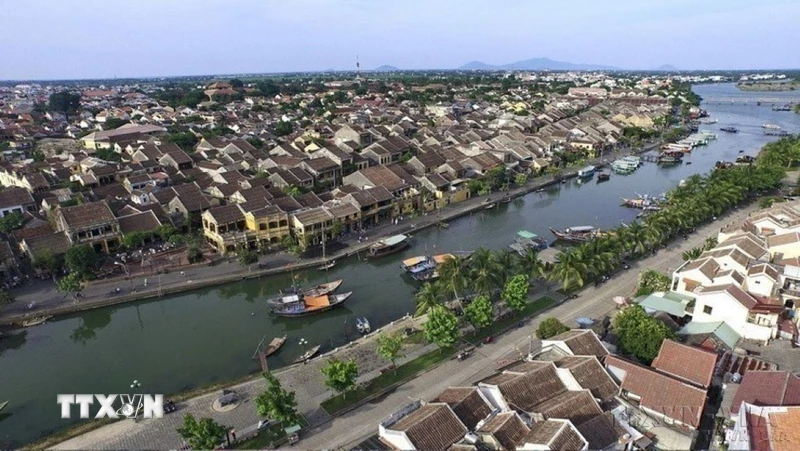



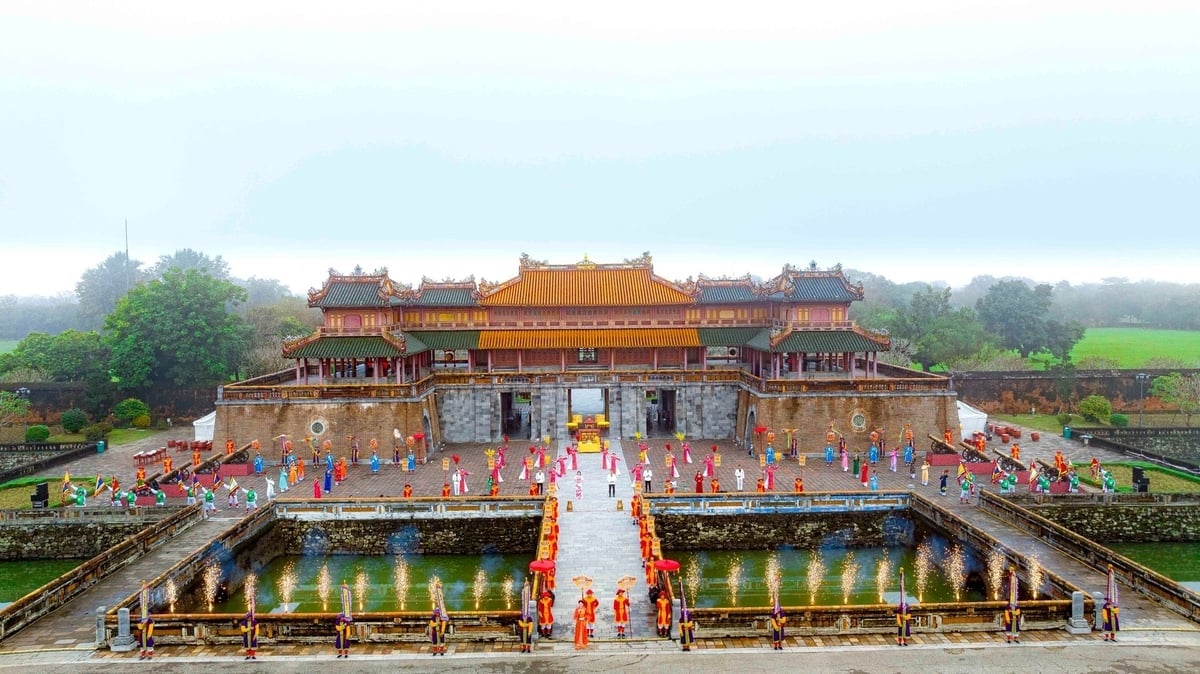

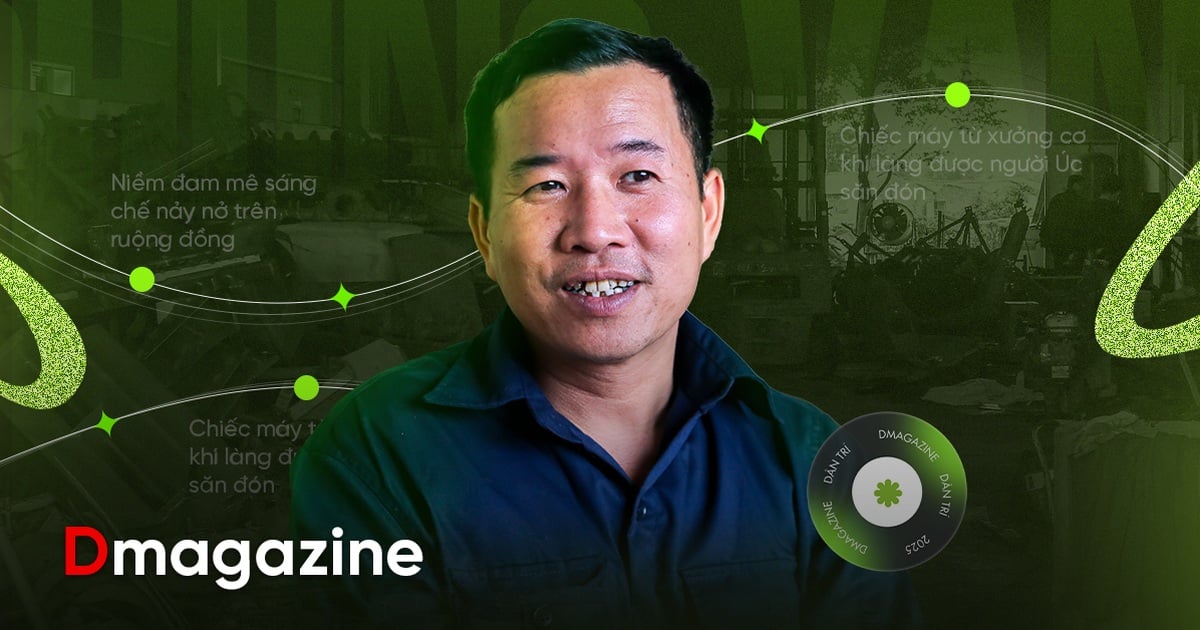

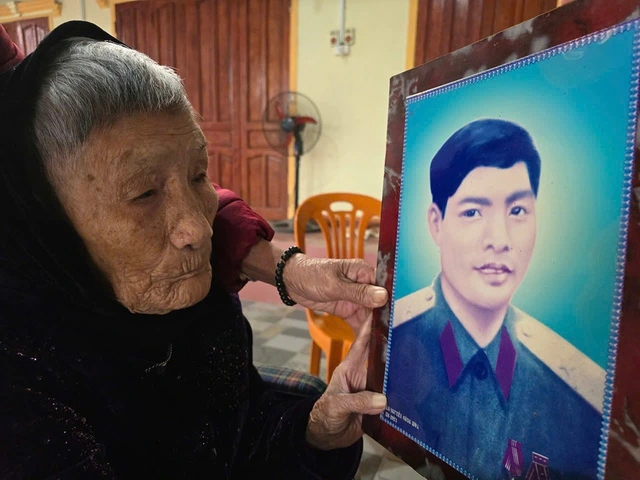

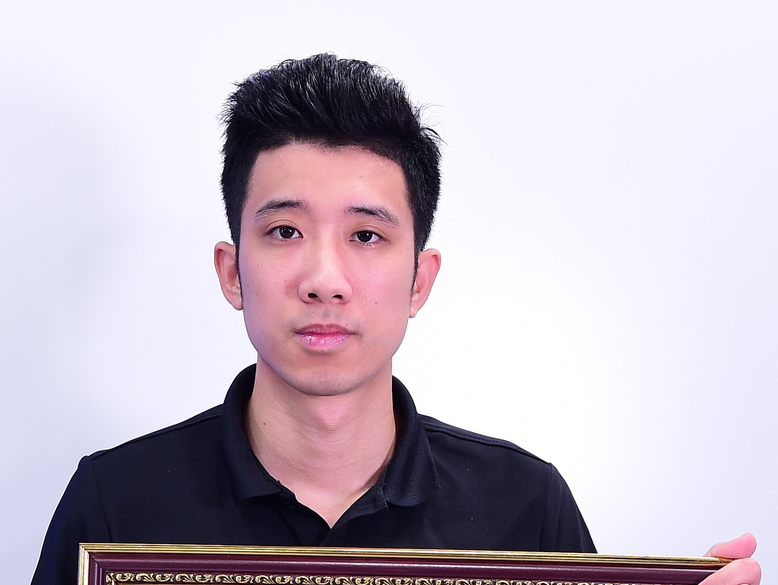
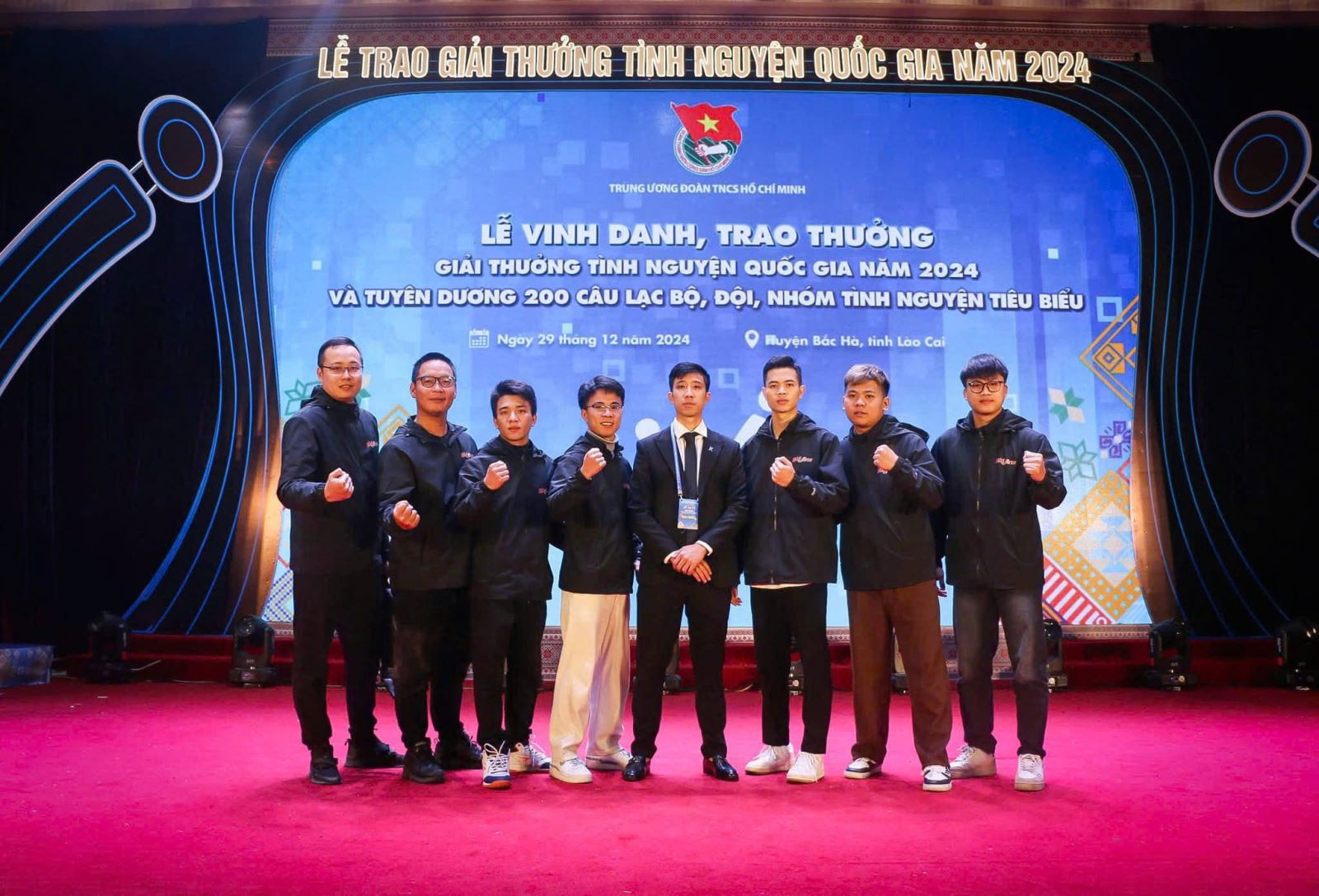









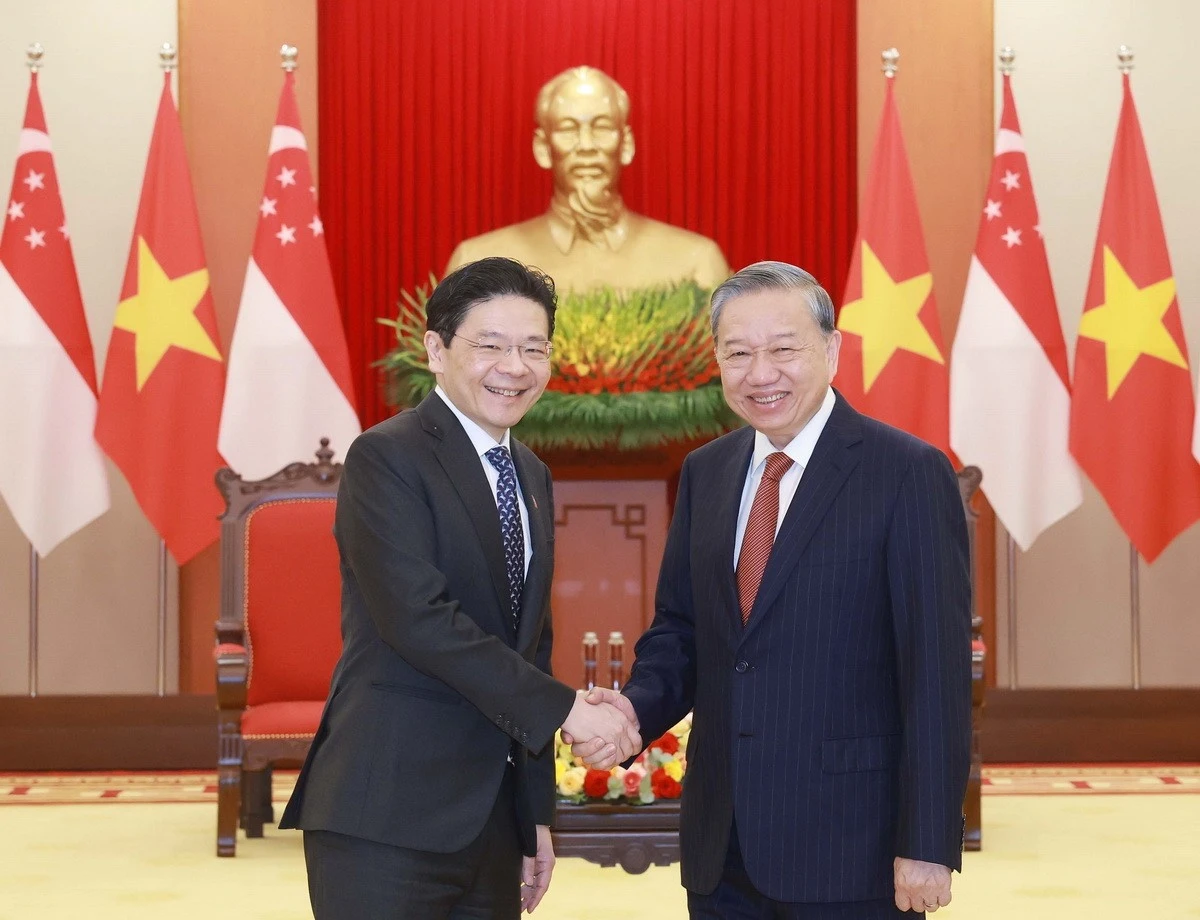
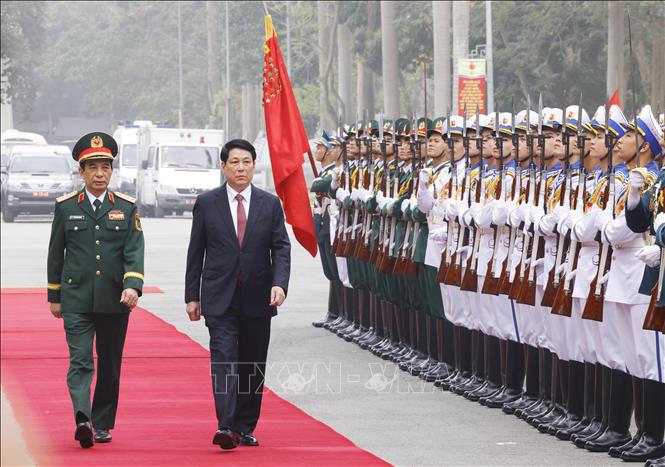
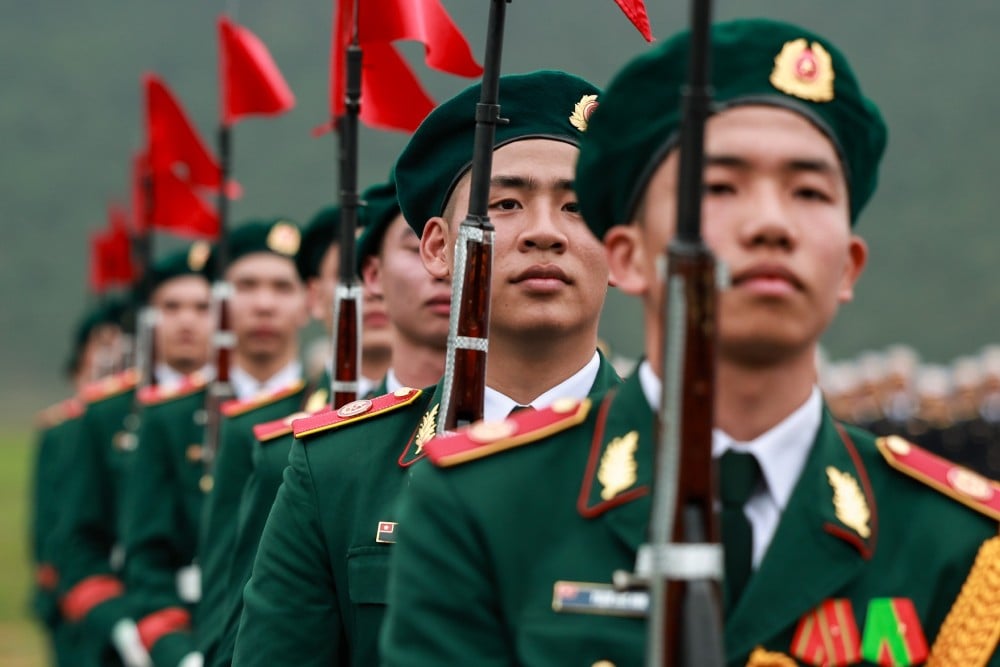


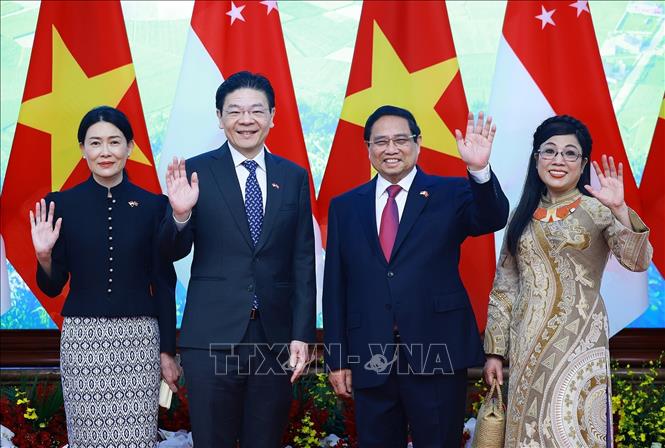
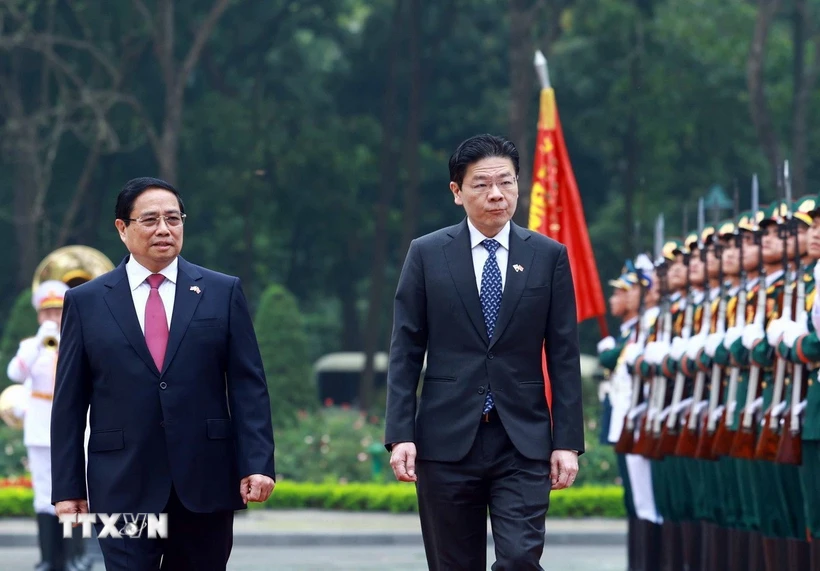
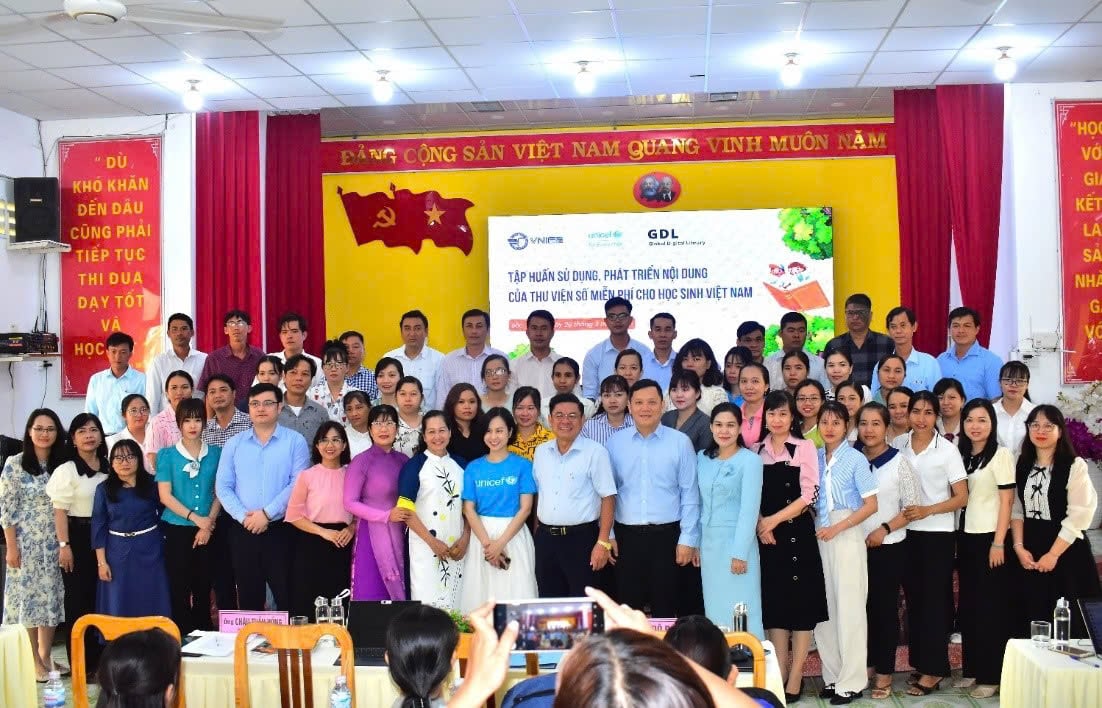



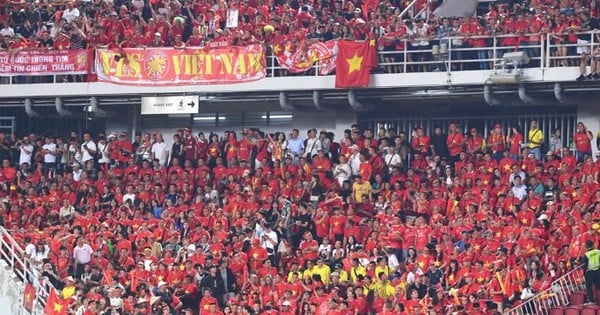


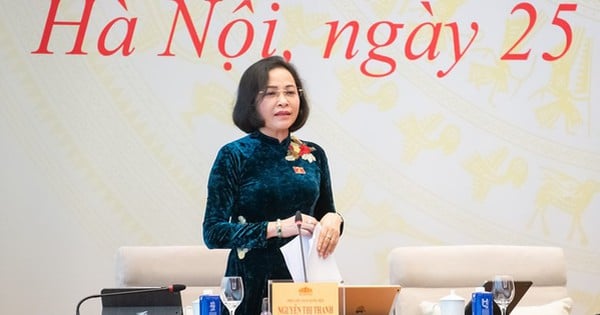

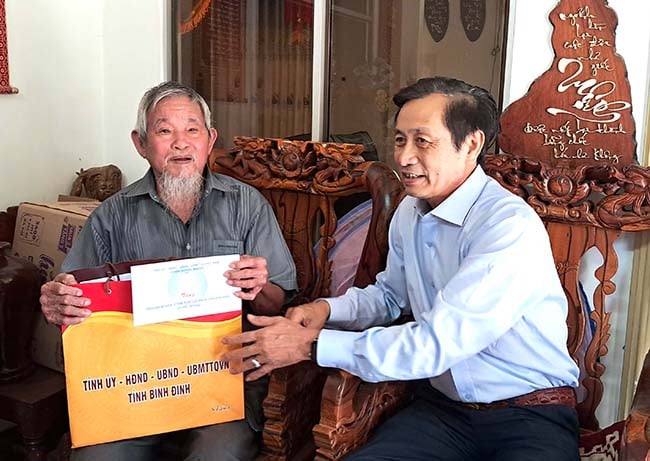
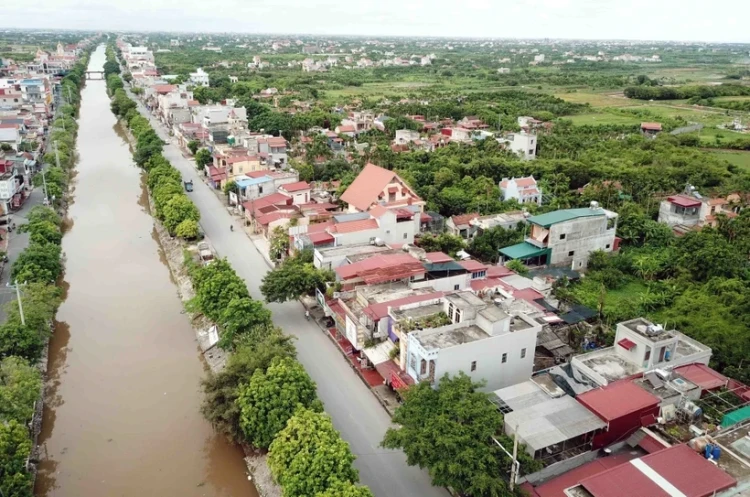
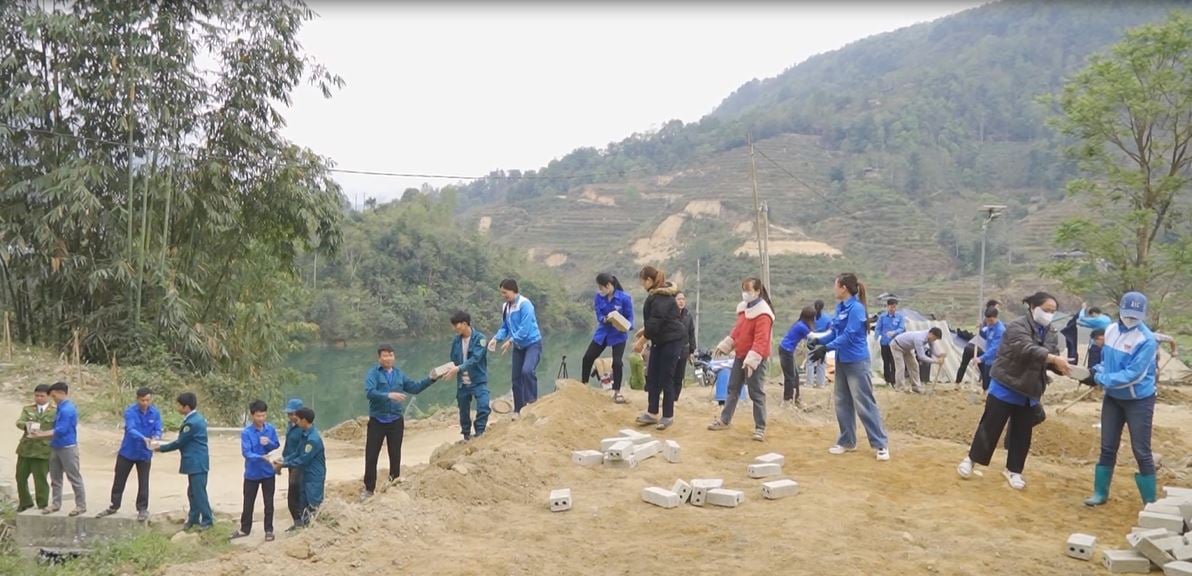
![[6pm News] Proposal to keep 11 provinces unchanged, including Thanh Hoa](https://vstatic.vietnam.vn/vietnam/resource/IMAGE/2025/3/26/2ffa21acb3844cd78a9433fec227511d)
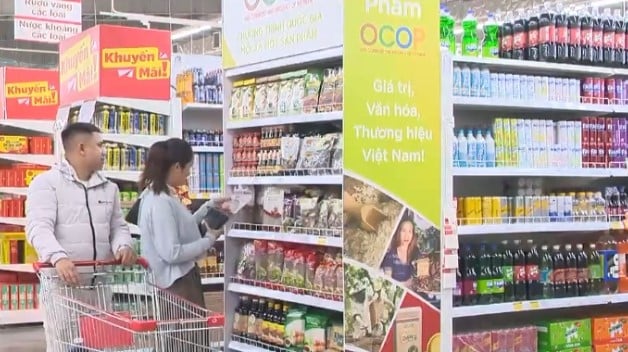

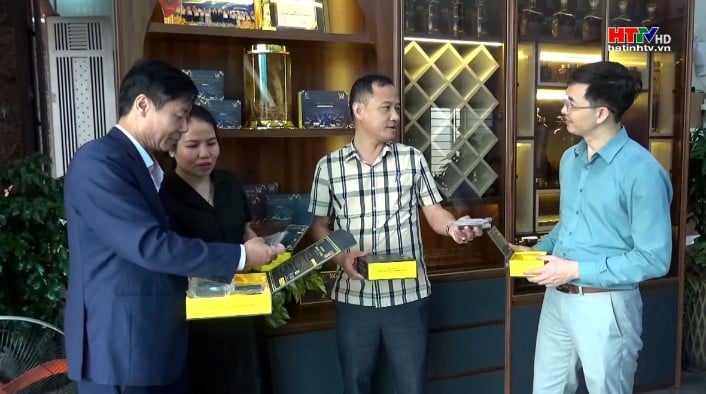
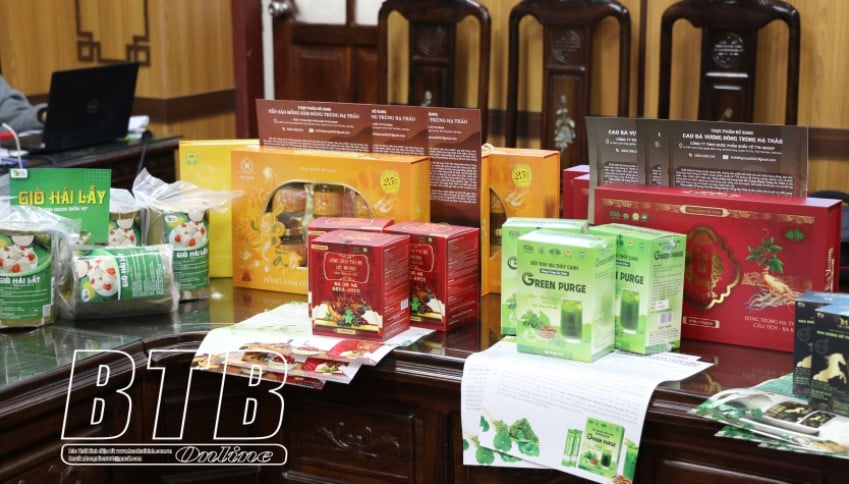

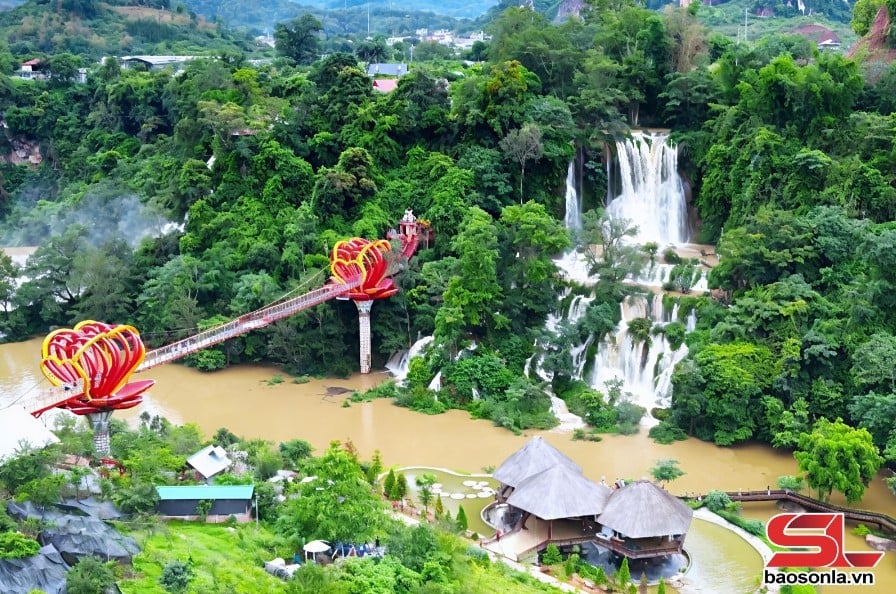



Comment (0)